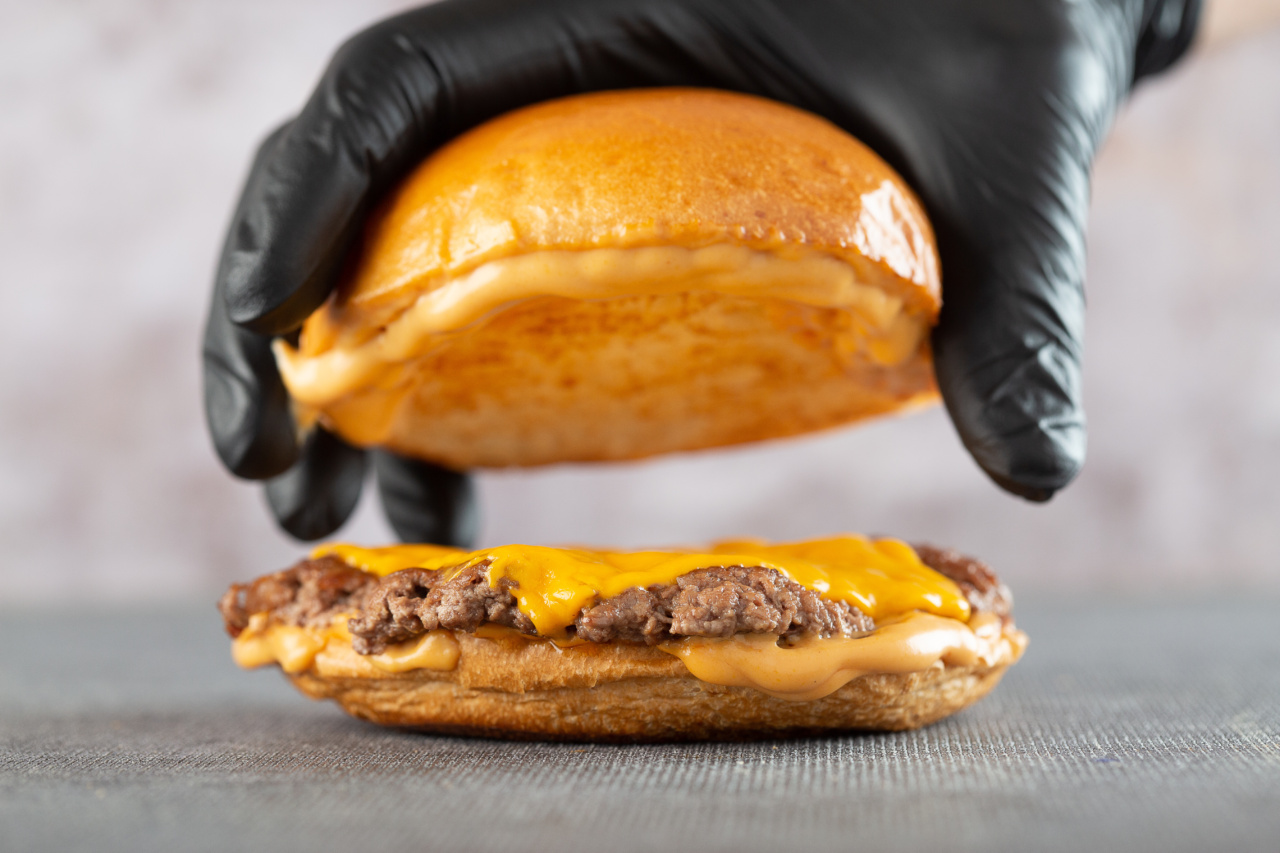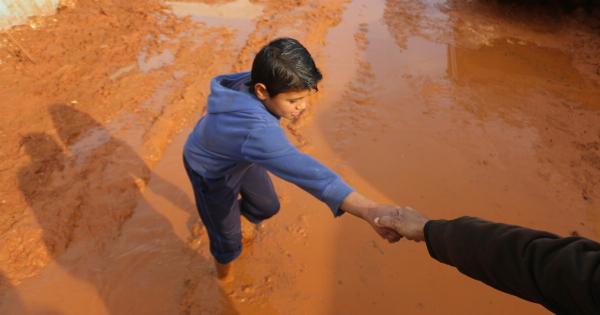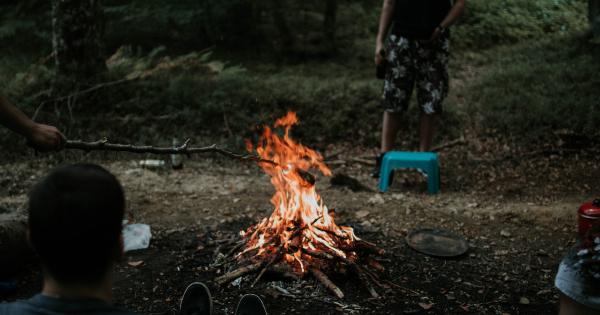There is nothing worse than looking forward to a nice slice of cheese, only to find out that it has gone bad. But how do you tell if your cheese has gone bad? Here are some things to look out for.
1. Check the Expiration Date
The first thing you should do when you buy cheese is to check the expiration date. This will give you a good idea of when the cheese should be used by.
If the cheese has passed its expiration date, it may still be edible, but you should be extra careful when eating it.
2. Look for Mold
Mold is a good sign that your cheese has gone bad. Some types of mold are safe to eat, but others are not. If you see mold on your cheese, you should throw it away. Mold can be harmful to your health, so it’s better to be safe than sorry.
3. Smell the Cheese
If your cheese has gone bad, there will usually be a noticeable smell. The smell may be sour or rancid. If your cheese smells bad, you should throw it away.
4. Check the Texture
If your cheese has gone bad, the texture will usually be different than when it was fresh. The cheese may be hard, crumbly, or slimy. If the cheese feels slimy, it’s a good sign that it has gone bad.
5. Look for Discoloration
If your cheese has gone bad, it may be discolored. The cheese may have dark spots or areas that are a different color than the rest of the cheese. If you see any discoloration, you should throw the cheese away.
6. Check for Bitter or Sour Taste
If your cheese has gone bad, it may taste bitter or sour. If you taste your cheese and it doesn’t taste right, you should spit it out and throw the cheese away. Never eat cheese that tastes bad or sour.
7. Check the Packaging
The packaging of your cheese can also give you clues as to whether it has gone bad. If the packaging is bloated, torn or leaking, it’s a good sign that the cheese has gone bad.
If the packaging looks fine, you should still check the cheese for other signs of spoilage.
8. Know the Types of Cheese that Spoil Quickly
Some types of cheese spoil more quickly than others. Soft cheeses like brie and camembert have a shorter shelf life than hard cheeses like cheddar.
If you’re not sure how long your cheese should last, it’s always better to err on the side of caution and throw it away if you suspect it has gone bad.
9. Store Cheese Properly
The proper storage of cheese can also help prevent spoilage. Cheese should be stored in the refrigerator at a temperature of between 35 and 40 degrees Fahrenheit.
Soft cheeses should be wrapped in foil or plastic wrap to prevent them from drying out, while hard cheeses can be stored in their original packaging.
10. Use Your Senses
Finally, the best way to tell if your cheese has gone bad is to use your senses. Look at the cheese, smell it, and taste it. If the cheese looks, smells or tastes bad, it’s time to throw it away.
It’s always better to be safe than sorry when it comes to food safety.




























